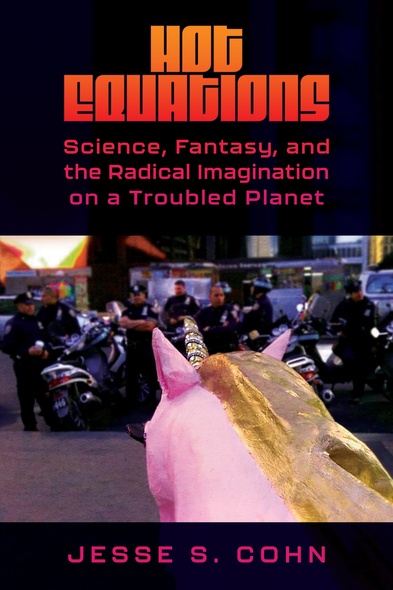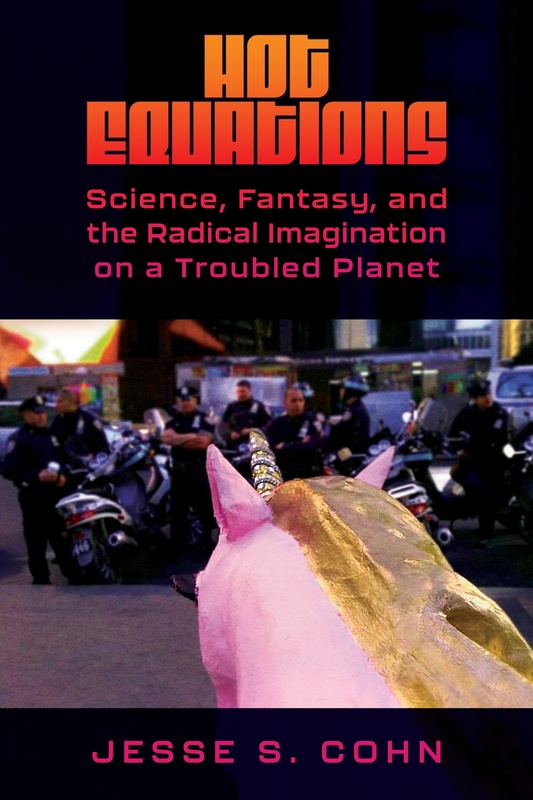
Hot Equations
Science, Fantasy, and the Radical Imagination on a Troubled Planet
Inspired by the new diversity of science fiction, fantasy, and horror in the twenty-first century, Hot Equations: Science, Fantasy, and the Radical Imagination on a Troubled Planet confronts the kinds of literary and political “realism” that continue to suppress the radical imagination. Alluding both to the ongoing climate catastrophe and to Tom Godwin’s “The Cold Equations”—that famous touchstone of “hard science fiction”—Hot Equations reads the crises of our "post-normal" moment via works that increasingly subvert genre containment and spill out into the public sphere.
Drawing on archives and contemporary theory, author Jesse S. Cohn argues that these imaginative works of science fiction, fantasy, and horror strike at the very foundations of modernity, calling its basic assumptions into question. They threaten the modern order with a simultaneously terrible and promising anarchy, pointing to ways beyond the present medical, ecological, and political crises of pandemic, climate change, and rising global fascism. Examining books ranging from well-known titles like The Hunger Games and The Caves of Steel to newer works such as Under the Pendulum Sun and The Stone Sky, Cohn investigates the ways in which science fiction, fantasy, and horror address contemporary politics, social issues, and more. The “cold equations” that established normal life in the modern world may be in shambles, Cohn suggests, but a New Black Fantastic makes it possible for the radical imagination to glimpse viable possibilities on the other side of crisis.
Hot Equations opens compelling new approaches to the study of science fiction and demonstrates the immense value of anarchist and antifascist analyses in the field.
The culmination of decades of experience, Hot Equations is an exciting entry in the anarchist study of science fiction/fantasy and literature.
Jesse S. Cohn is author of Underground Passages: Anarchist Resistance Culture, 1848–2011 and translator of numerous works, including Daniel Colson’s A Little Philosophical Lexicon of Anarchism from Proudhon to Deleuze.





